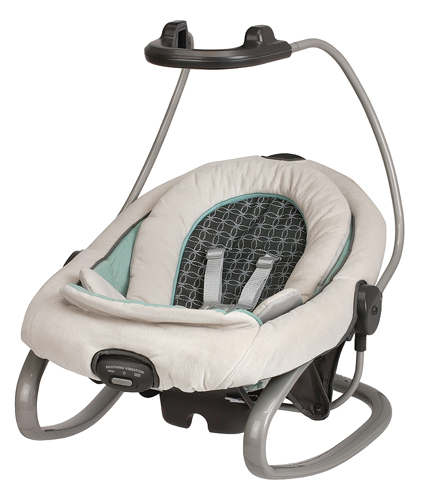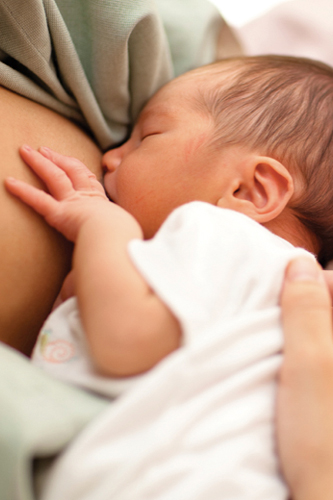Ask the experts: Breastfeeding nutrition

To wrap-up nutrition month, we’ve asked Kimberly Altman, MS, RD, […]
To wrap-up nutrition month, we’ve asked Kimberly Altman, MS, RD, LDN, registered dietitian and educator at the Pritikin Longevity Center to talk with us about the best foods for breastfeeding.

Leafy greens
Antioxidant-rich greens—such as arugula, spinach, Swiss chard and mustard greens—provide dietary calcium, vitamin C and iron.
Berries
Blueberries, blackberries and strawberries are all beloved for their sweet taste—and vitamins, minerals and antioxidants to boot.
Healthy unrefined carbohydrates
New moms need energy for breastfeeding and to keep up with their baby’s demanding schedule. Unrefined carbohydrates (corn, potatoes, brown rice, quinoa and whole wheat pasta) are the best at keeping your energy up and providing the calories needed for a healthy diet.
Beans
All beans, from kidney to black beans, provide healthy plant protein and iron.
Fat-free dairy or soy
Foods like fat-free or soy milk, cottage cheese and plain Greek yogurt contain B vitamins, vitamin D and calcium, which are all necessary for bone health in both mom and for baby.
Salmon
Pritikin recommends eating four ounces, three times per week, for mom. Salmon is lower in mercury than other fish (such as shark, swordfish, king mackerel or tile fish), and it contains lots of DHA, an omega-3 fatty acid crucial to the development of your baby’s nervous system. Some studies even indicate that DHA might play a role in preventing postpartum depression.
Sardines
Eating no-salt-added sardines is a fantastic way to get your omega-3’s, since they have a very low mercury content. A rule of thumb: The smaller the fish, the less other fish it has eaten, so the less mercury is contains.







